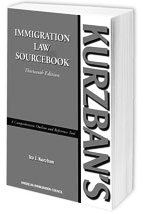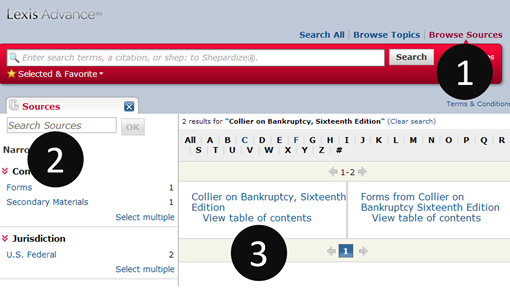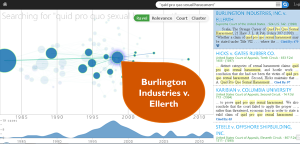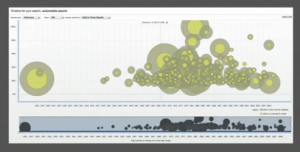 Law students: don’t forget to plan for your legal research accounts over the summer.
Law students: don’t forget to plan for your legal research accounts over the summer.
Bloomberg Law. Sign up to request a student ID for Bloomberg Law. It can take a few days to process a request for a new password.
- You do not have to go through a special summer registration.
- There are no summertime restrictions on using Bloomberg Law – you can even use your account if you’re at a firm*.
Lexis: You can use your Advance account to do research over the summer.
- You do not have to go through a special summer registration for Advance.
- There are no summertime restrictions on using Advance – you can even use your account if you’re at a firm*.
Westlaw: You might be able to use your student Westlaw account to do research over the summer.
- You need to sign up for “Summer Extension” at lawschool.westlaw.com/registration/summerextension.aspx
- There are important restrictions on law school accounts over the summer, regardless of whether you sign up for a Summer Extension. Non-academic use is prohibited. Check the summer extension link above for details.
* Always check your employer’s policy for tracking and billing research costs.
 Plus more titles from the American Immigration Lawyers Association (AILA), at
Plus more titles from the American Immigration Lawyers Association (AILA), at 
 Law Library tours and related Library orientation activities are this week! Here’s some useful information for 1Ls, transfers, and visiting students.
Law Library tours and related Library orientation activities are this week! Here’s some useful information for 1Ls, transfers, and visiting students.

 No, think again! If you asked me that last month, I would have told you that the core cases on a Shepard’s® and KeyCite report would be roughly the same, although not identical. But a new empirical study just came out showing just how wrong that conventional wisdom is. The author found that even though both systems use computer algorithms to generate the results:
No, think again! If you asked me that last month, I would have told you that the core cases on a Shepard’s® and KeyCite report would be roughly the same, although not identical. But a new empirical study just came out showing just how wrong that conventional wisdom is. The author found that even though both systems use computer algorithms to generate the results: Prepare-to-practice training sessions for law students are at the following times:
Prepare-to-practice training sessions for law students are at the following times: This week, the Guardian UK has a brief and informative overview of Google’s search algorithm for its News product.
This week, the Guardian UK has a brief and informative overview of Google’s search algorithm for its News product.